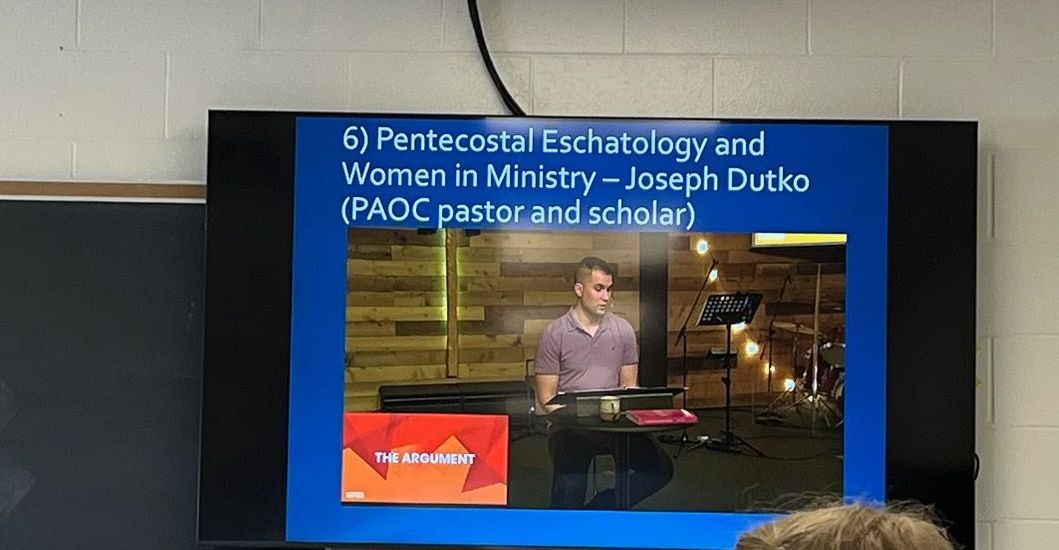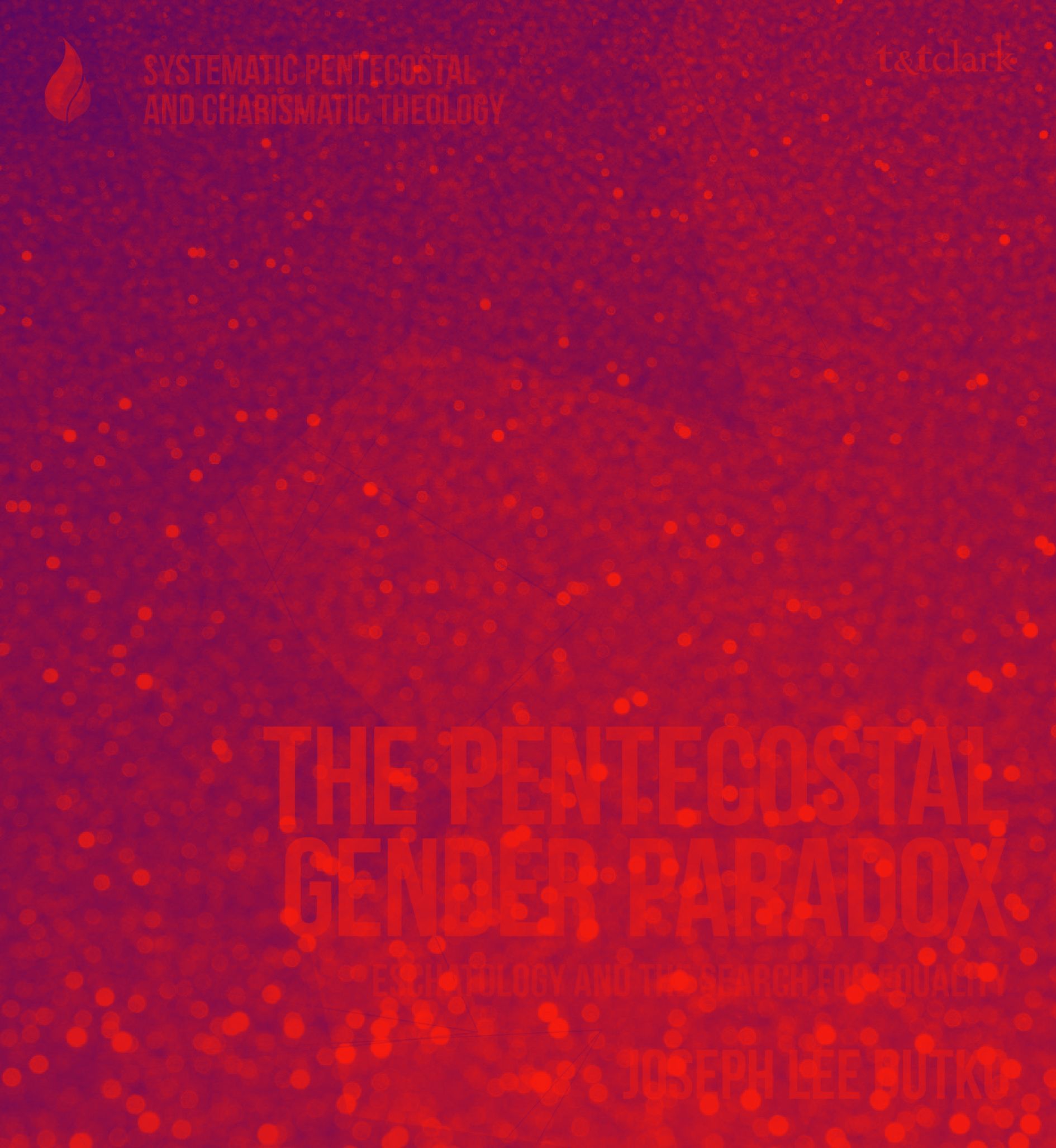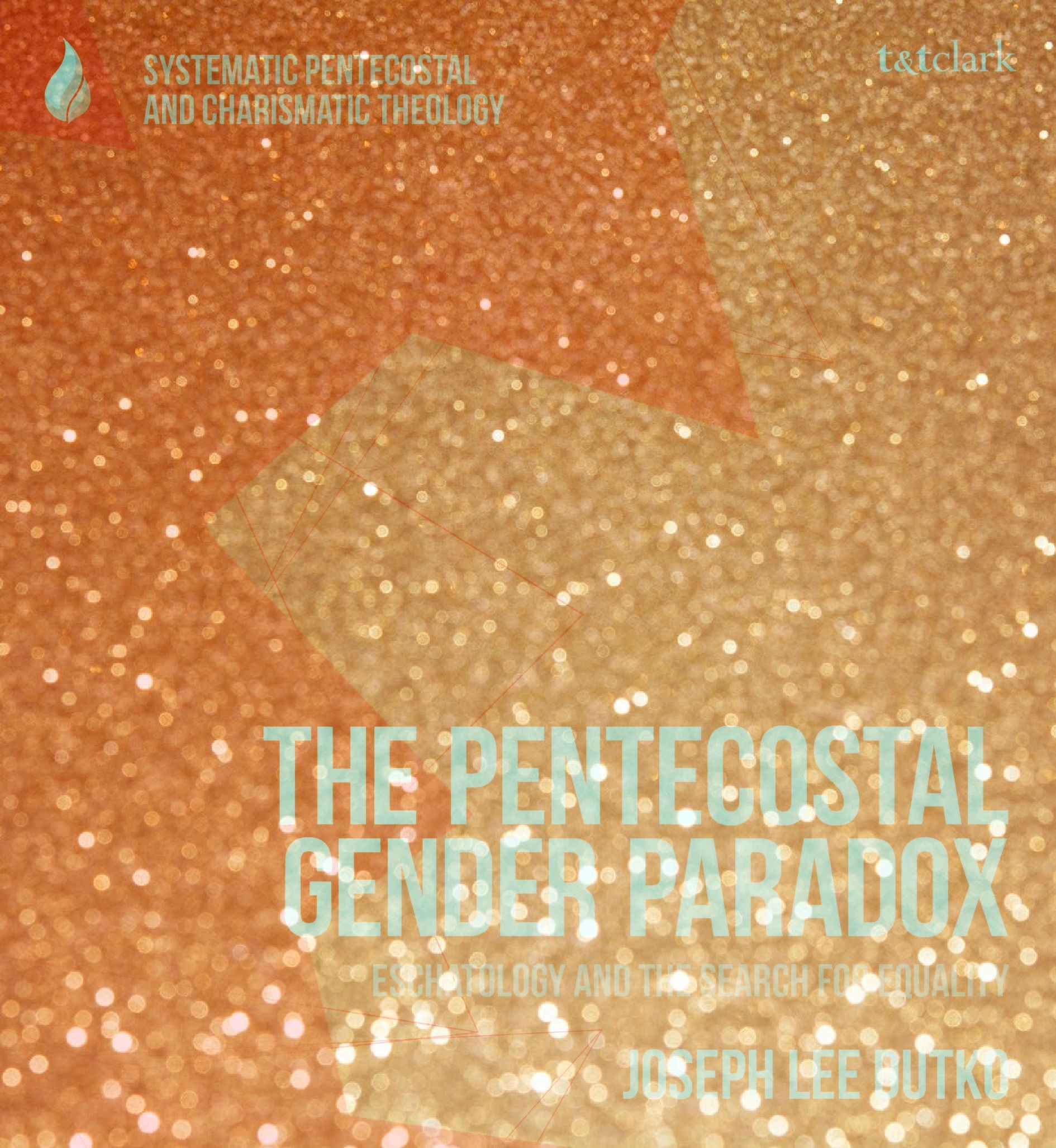Archetypes, A Posteriori, and the Ache of God's Heart
Who is the Undeposited Depositor?
I recently posted about one of my latest publications, which applies archetypal criticism to the Prodigal Son Parable in Luke 15. That publication is a literary and somewhat psychological analysis of the parable (not theological).
But just for fun (and for people of faith with a more philosophical bent!), what might that analysis say about God, and how might it increase our faith?
According to Siroj Sorajjkool, an archetype is “deposited in the nature of human beings. It is there a priori and will continue to influence our thoughts, feelings, and actions.”[1] If archetypes are indeed “deposited in the nature of human beings,” then the question may be asked, “who put them there?”
Using a posteriori arguments we may say that there must be a depositor or the Undeposited Depositor, that is, God.
The purpose of the parable of Luke 15 is to show that the heartbeat of God is to reach lost sinners and that God has great joy in doing so. The parable is an important one because it potentially addresses one of the most important questions we can ask, namely, "What is God like?“
Why did Jesus use archetypal symbolism in this parable?
If God has chosen to speak and to reveal God's self through Jesus, then we should expect that Jesus would purposely tell this parable in a form which transcends boundaries of time and place and that would have the ability to reach the deepest places of our hearts. By telling the parable of the Prodigal Son through the use of archetypal symbolism, Jesus ensured that the story of God’s heart for lost sinners would forever be told and embraced throughout the centuries and in different parts of the world.
Myth critics such as Joseph Campbell and others argue the power of literature is in its symbols and patterns that we unconsciously respond to deep within our psyche. According to Carl Jung, the true artist “is that person who is in such possession of the ‘primordial vision’ that he or she has the ability to employ these archetypal primordial images to communicate the experiences of the unconscious to the conscious in the form of art.”[2]
If God created and deposited these primordial images, then why should the Christian be surprised to find the incredible and complex monomythic structures (as explained in my article) in a parable told by Jesus, the master communicator?
Because he knew it would be one of the most important parables he told, Jesus purposely used universal symbols that transcend time and place. For people of faith (who believe God is pretty smart!) this is not so hard to believe.
[1] Siroj Sorajjkool, “Ontology and Spirituality: A Jungian Perspective,” Pastoral Psychology 46 (1998): p. 274.
[2] Carl Jung, Collected Works (20 vols.; London: Routledge & Kegan Paul, 1953-79), quoted in Randolph Tate (2006), Interpreting the Bible, p. 24.
NEWSLETTER SIGNUP (blog post layout)
Thanks for signing up!
Please try again later.
ABOUT JOSEPH
Pastor, Author, and sometimes pretends to be a scholar
Joseph (PhD, University of Birmingham) is the author of The Pentecostal Gender Paradox: Eschatology and the Search for Equality.
Since 2015, he and his wife have together pastored Oceanside Community Church on Vancouver Island, where they live with their four children.










